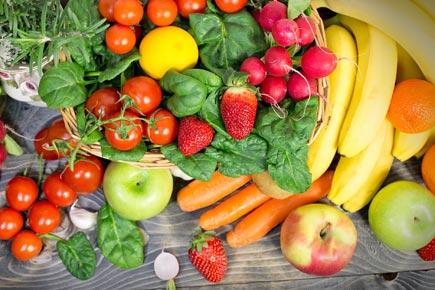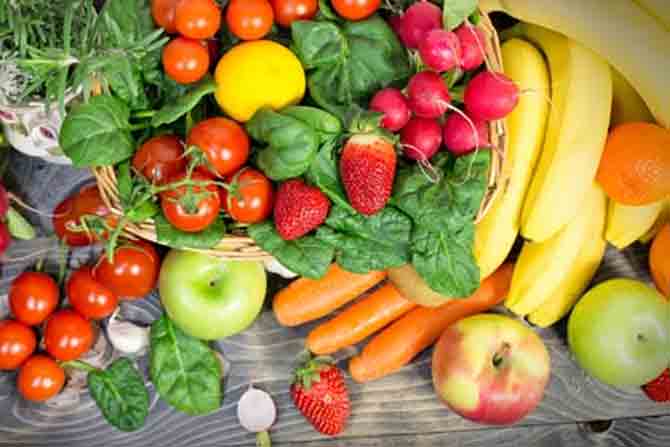Couples were excluded from the analysis if they were receiving fertility treatment due to the male partner's infertility


ADVERTISEMENT
Women, take note! If you eat more of junk food and less of fruits, chances are you will take longer to get pregnant, according to a study.
Researchers at the University of Adelaide's Robinson Research Institute asked 5598 women in Australia, New Zealand, the UK and Ireland about their diet. The women, who had not had a baby before, were interviewed by research midwives during their first antenatal visit.
Professor Claire Roberts, who led the study, said: "The findings show that eating a good quality diet that includes fruit and minimising fast food consumption improves fertility and reduces the time it takes to get pregnant."
Compared to women, who ate fruit three or more times a day in the month before conception, women, who ate fruit less than one to three times a month took half a month longer to become pregnant.
Similarly, compared to women who never or rarely ate fast food, women who consumed fast food four or more times a week took nearly a month longer to become pregnant.
Among all the couples in the study, 468 (8 percent) couples were classified as infertile (defined as taking longer than a year to conceive) and 2204 (39 percent) conceived within a month. When the researchers looked at the impact of diet on infertility, they found that in women with the lowest intake of fruit, the risk of infertility increased from 8 percent to 12 percent, and in those who ate fast food four or more times a week, the risk of infertility increased from 8 percent to 16 percent.
First author Dr Jessica Grieger, said, "We recommend that women who want to become pregnant should align their dietary intakes towards national dietary recommendations for pregnancy. Our data shows that frequent consumption of fast foods delays time to pregnancy."
Previous research has tended to focus on the role that diet plays in women diagnosed with or receiving treatment for infertility; the impact of maternal diet before conception in the general population has not been widely studied. This research was carried out in women recruited to the multi-centre Screening for Pregnancy Endpoints (SCOPE) study between 2004 and 2011. Of the 5598 women, the majority (5258, 94 percent) received no fertility treatments before conception and 340 did.
During the first antenatal visit at around 14-16 weeks' gestation, midwives collected information about the time it took to become pregnant and the women's diet. This included details of their diet in the month before conception, and how frequently they consumed fruit, green leafy vegetables, fish and fast foods. Fast foods included burgers, pizza, fried chicken and chips that were bought from take-away or fast food outlets. Fast foods eaten at home (bought from supermarkets, for example) were not included in the data collected and so consumption of this type of food is likely to be under-reported.
Couples were excluded from the analysis if they were receiving fertility treatment due to the male partner's infertility.
Dr Grieger said: "Most of the women did not have a history of infertility. We adjusted the relationships with pre-pregnancy diet to take account of several factors known to increase the risk of infertility, including elevated body mass index [BMI] and maternal age, smoking and alcohol intake. As diet is a modifiable factor, our findings underscore the importance of considering preconception diet to support timely conception for women planning pregnancy."
The researchers also found that while intake of fruit and fast foods affected time to pregnancy, pre-pregnancy intake of green leafy vegetables or fish did not.
The study appears in the journal Human Reproduction.
Catch up on all the latest Mumbai news, crime news, current affairs, and also a complete guide on Mumbai from food to things to do and events across the city here. Also download the new mid-day Android and iOS apps to get latest updates
This story has been sourced from a third party syndicated feed, agencies. Mid-day accepts no responsibility or liability for its dependability, trustworthiness, reliability and data of the text. Mid-day management/mid-day.com reserves the sole right to alter, delete or remove (without notice) the content in its absolute discretion for any reason whatsoever
 Subscribe today by clicking the link and stay updated with the latest news!" Click here!
Subscribe today by clicking the link and stay updated with the latest news!" Click here!






